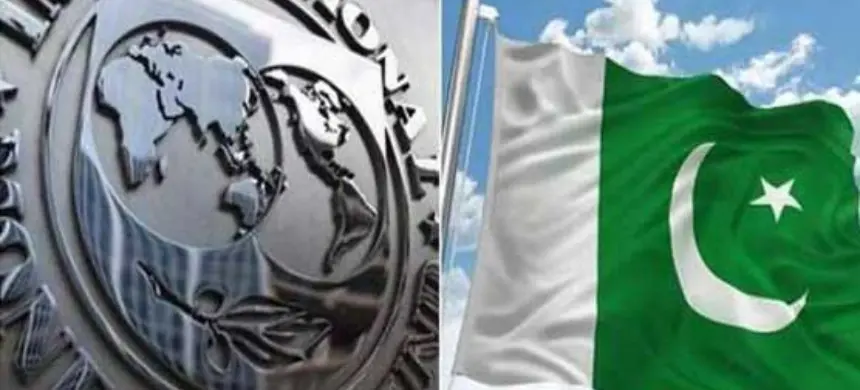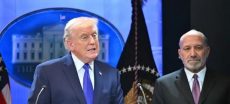A new staff-level loan agreement has been reached between Pakistan and the International Monetary Fund (IMF), which will provide Pakistan with $7 billion over 37 months. Final approval of the loan will be given by the IMF Executive Board.
IMF’s Mission Chief to Pakistan, Nathan Porter, stated that the agreement includes a comprehensive program endorsed by the federal and provincial governments. This program could be supported by a 37-month Extended Fund Arrangement (EFF) worth SDR 5,320 million (approximately $7 billion at current exchange rates). The agreement’s approval by the IMF’s Executive Board is contingent on timely confirmation of necessary financing assurances from Pakistan’s development and bilateral partners.
The IMF’s statement highlighted that the program aims to build on the macroeconomic stability achieved over the past year. The goals include enhancing public finances, curbing inflation, rebuilding external buffers, and eliminating economic distortions to promote private sector-led growth. The authorities’ policy objectives focus on sustainable public finances through gradual fiscal consolidation, tax base broadening, and removing exemptions, while increasing resources for critical development and social spending. The authorities plan to increase tax revenues by measures equivalent to 1.5% of GDP in FY25 and 3% of GDP over the program.
Key Tax and Revenue Measures:
- The FY25 budget targets an underlying general government primary surplus of 1% of GDP (2% in headline terms).
- Revenue collections will be supported by simpler and fairer direct and indirect taxation, including bringing net income from the retail, export, and agriculture sectors into the tax system.
- Additional resources will be allocated to expand social protection by increasing the coverage and generosity of BISP, as well as education and health spending.
Read More: The Federal Cabinet approves a Rs. 5.72 per unit hike in NEPRA base tariff at the IMF’s request
Federal and Provincial Fiscal Rebalance:
- A National Fiscal Pact will devolve higher spending responsibilities for education, health, social protection, and regional public infrastructure investment to provincial governments.
- Provinces will take steps to increase their own tax-collection efforts, including sales tax on services and agricultural income tax.
- From January 1, 2025, all provinces will harmonize their Agriculture Income Tax regimes with federal personal and corporate income tax regimes.
Monetary Policy and Exchange Rate:
- The State Bank of Pakistan (SBP) will maintain a flexible exchange rate and improve the functioning and transparency of the foreign exchange market.
- Measures will be taken to deepen access to financing, strengthen financial institutions, address undercapitalized banks, and upgrade the crisis management framework.
Energy Sector and Subsidies:
- Energy sector viability will be restored through timely adjustment of tariffs, cost-reducing reforms, and targeted subsidy reforms.
- The authorities remain committed to replacing cross-subsidies to households with direct and targeted BISP support.
Private Sector and Export Growth:
- Efforts will be made to improve the business environment, create a level playing field for businesses, and remove state distortions.
- Steps will be taken to improve SOE operations and management, prioritize profitable SOEs for privatization, and strengthen transparency and governance around the Pakistan Sovereign Wealth Fund.
Additional Reforms:
- The program includes phasing out incentives to Special Economic Zones, agricultural support prices, and associated subsidies.
- Authorities have committed to advancing anti-corruption, governance, and transparency reforms, and gradually liberalizing trade policy.
This agreement represents a significant step for Pakistan in stabilizing its economy and achieving sustainable growth through a combination of fiscal discipline, structural reforms, and enhanced governance.











